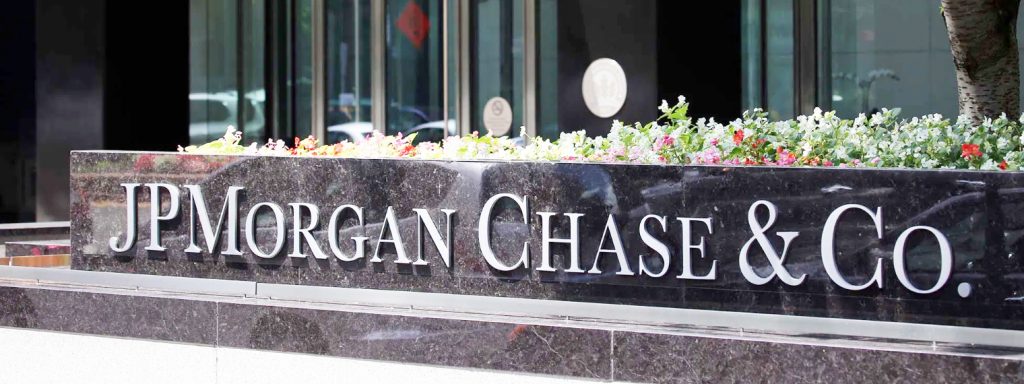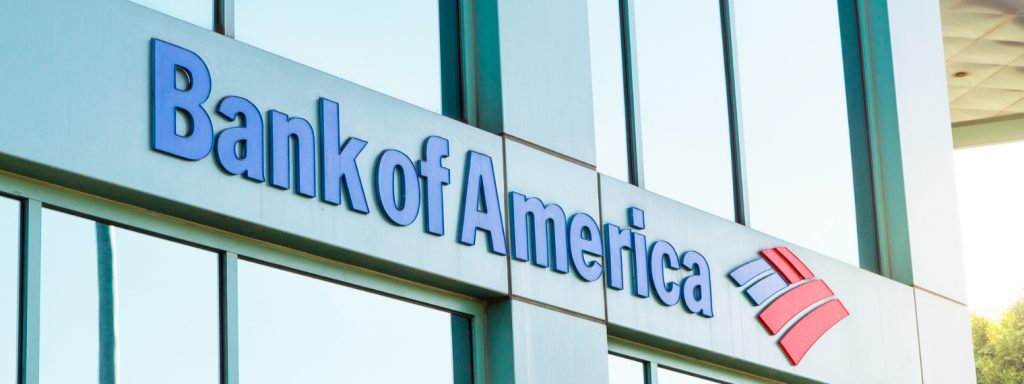[ad_1]

Class action lawsuits have been filed against JPMorgan Chase, Bank of America, Wells Fargo, and U.S. Bank for their alleged unlawful and fraudulent practices in the Paycheck Protection Program. This program is part of President Trump’s $2.2 trillion stimulus package to help small businesses cope with the economic crisis resulting from the covid-19 pandemic.
Lawsuits Against Big Banks
Four class action lawsuits were filed Sunday in the U.S. District Court for the Central District of California against some of the largest banks in the country: JPMorgan Chase Bank, Bank of America, U.S. Bancorp and U.S. Bank, and Wells Fargo Bank.
The suits allege that banks violated the California Business & Profession Code with unfair, fraudulent, and unlawful practices as well as false advertising and fraudulent concealment in dispensing loans from President Trump’s Paycheck Protection Program (PPP). The loans were intended to provide American small businesses suffering from the covid-19 crisis with eight weeks of cash-flow assistance. It is part of the government’s $2.2 trillion Coronavirus Aid, Relief, and Economic Security (CARES) Act.
However, banks allegedly prioritized large loans in order to earn larger fees, effectively shutting out small businesses from accessing the funds. The suits, filed by Stalwart Law Group on behalf of small business owners, read:
[The bank] has, once again, prioritized corporate greed at the expense of its small business customers.

Cheating the Federal Stimulus Program, Prioritizing Loans With Larger Fees
Citing data provided by the Small Business Administration (SBA), the lawsuits allege that JPMorgan Chase, Bank of America, Wells Fargo, and U.S. Bancorp failed to process the PPP applications on a first-come, first-serve basis as required by the program. Instead, they “prioritized loan applications seeking higher loan amounts because processing those applications first generated larger loan origination fees for the banks.” The PPP loans are administered by the SBA and processed by banks.
The plaintiffs claim that the banks encouraged them to “act fast” and apply for the loans, concealing from the public that they were “reshuffling the PPP applications” they received “and prioritizing the applications that would make the bank the most money.” As a result of their “dishonest and deplorable behavior,” the suits describe, “thousands of small businesses that were entitled to loans under the PPP were left with nothing.”

The lawsuit documents further explain that under the Paycheck Protection Program, banks are entitled to receive origination fees on loans they process. The fees are 5% for loans of up to $350,000, 3% for loans between $350,000 and $2 million, and 1% for loans between $2 million and $10 million. Banks could, therefore, earn up to $100,000 for processing loans between $2 million and $10 million compared to only a maximum of $17,500 for loans of up to $350,000.
Many people have criticized the fact that large corporations have snatched up funding meant for small businesses. President Trump said that any companies that should not have received the funds will have to give the money back. At least one company, burger chain Shake Shack, has said it will return the $10 million received from the PPP.
Meanwhile, in order to further assist small businesses across the country, the Trump Administration is in the process of delivering another stimulus package. On Tuesday, the Senate passed a new $484 billion relief bill to replenish small business loans as well as fund hospitals and testings.
What do you think about these lawsuits? Let us know in the comments section below.
Image Credits: Shutterstock, Pixabay, Wiki Commons
Disclaimer: This article is for informational purposes only. It is not an offer or solicitation of an offer to buy or sell, or a recommendation, endorsement, or sponsorship of any products, services, or companies. Bitcoin.com does not provide investment, tax, legal, or accounting advice. Neither the company nor the author is responsible, directly or indirectly, for any damage or loss caused or alleged to be caused by or in connection with the use of or reliance on any content, goods or services mentioned in this article.
Read disclaimer
[ad_2]
Source link



